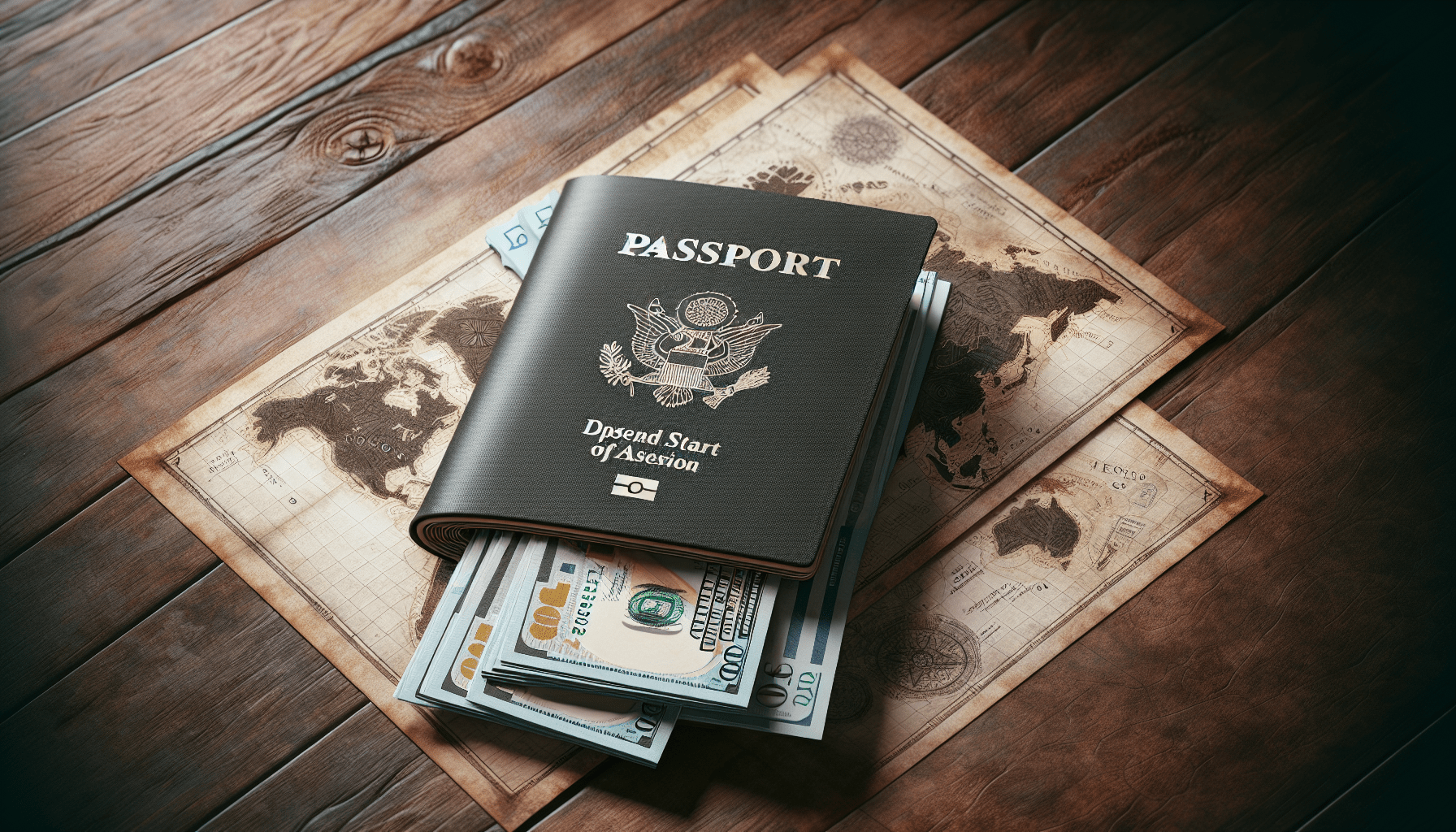
Understanding the basic terms associated with travel finance is essential. Here are some key definitions:

This image is property of pixabay.com.
creating a travel budget is the foundational step in managing your finances. Factor in all possible expenses:
Before you travel, it’s crucial to have an understanding of the cost of living in your destination. Websites like Numbeo provide a comparison of prices for groceries, dining, and entertainment across different cities worldwide. This helps in crafting a more accurate budget.
You have several options for currency exchange:
| Option | Pros | Cons |
|---|---|---|
| Bank Exchange Services | Secure, reliable rates | May charge higher fees |
| Currency Exchange Kiosks | Convenient, widely available | Poor exchange rates, high fees |
| ATM Withdrawals | Easy access to local currency | Foreign withdrawal and conversion fees |
| Online Services | Competitive rates, conversion transparency | Requires prior setup |

This image is property of pixabay.com.
In the age of smartphones, managing expenses has never been easier. Consider using these financial apps:
Make it a habit to review your expenditures daily. This helps prevent overspending and keeps your budget on track. Consider setting alerts on your bank account for large transactions or low balances.
Selecting the right bank account and card is crucial. Look for accounts with minimal international fees and credit cards that offer:
Dynamic Currency Conversion might seem convenient since it shows charges in your home currency, but it’s often more expensive due to hidden fees. Always opt to be charged in the local currency to avoid these extra costs.

Always have an emergency fund that’s easily accessible. Consider:
Before you leave, notify your bank of your travel plans to avoid any account freezes due to suspected fraud. Also, know how to reach them easily if an issue arises.
Understanding local tipping practices can prevent misunderstandings and help you budget appropriately. For instance, in the U.S., tipping is customary, whereas in Japan it can be seen as rude.
Whenever possible, support local businesses. Not only does this enrich your travel experience, but it often results in more authentic and cost-effective experiences.

There are differing opinions on whether it’s better to rely on cash or card while traveling:
There are various financial products targeted at travelers, each with their pros and cons:
| Product Type | Pros | Cons |
|---|---|---|
| Travel Credit Cards | Rewards, no foreign transaction fees | High-interest rates if not paid off monthly |
| Prepaid Travel Cards | Preloaded with currency, fixed rate | Loading fees, limited acceptance |
| Multi-currency Accounts | Hold multiple currencies in one account | May have monthly fees |
The decision between using cash or card often depends on the destination and personal preferences. For example, highly developed urban areas are often more card-friendly, whereas rural or less developed regions might rely more heavily on cash. Selecting the right financial product impacts your overall travel experience by reducing fees, enhancing security, and possibly providing additional benefits like travel insurance.
With the rapid advancement of technology, the way we manage travel finances is expected to evolve:
These technological innovations could make financial management more seamless and secure, reducing the stress associated with handling money while traveling. For instance, blockchain technology could lower or eliminate currency conversion fees, making international transactions cheaper and more efficient. The integration of AI could provide personalized financial guidance, helping travelers make informed decisions on the go.
Traveling abroad offers a wealth of experiences, and carefully managing your finances ensures that these experiences are positive and stress-free. From setting a realistic budget and understanding currency exchange to leveraging financial technology and preparing for emergencies, wise financial management is the cornerstone of successful travel.
What financial tips and tricks have you found helpful on your travels? Share your experiences and insights, and let’s continue the conversation about traveling smarter and more securely.
For more insights and tips on travel finance, be sure to check out our related articles and resources that can further guide your planning!
5 financial steps to take before your next overseas trip